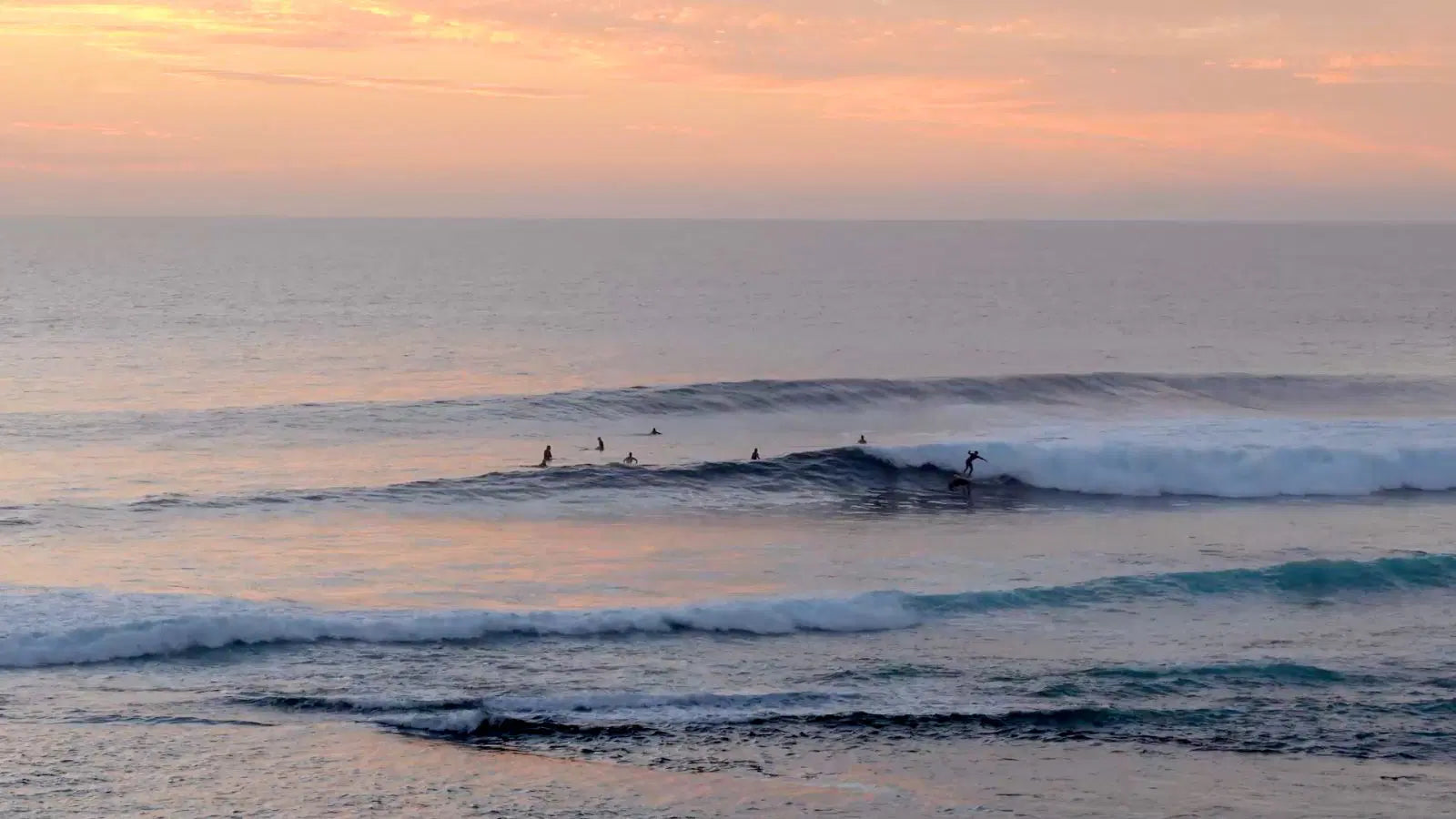Children are never too young to learn about caring for and protecting the environment. The key is to make it part of their daily lives… and fun! Here are some tips to help encourage your little ones to adopt eco-friendly habits.
Get outdoors -
Trips to the park are great, but venturing beyond and into the great outdoors is beneficial for them and the planet in so many ways. Whether you’re exploring nature on hikes and bushwalks, strolling along coastal shorelines, or climbing mountains together, you’ll help your children develop an appreciation and love of nature. While it’s fun to check out shells, rocks and flowers, teach them to ‘leave only footprints, take only memories.’ Bring a bag and get them to help you clean up any litter on the way for extra eco points!
Involve them in green household practices -
Whether you’re teaching your children to conserve energy or the principles of recycling, little ones will love being a part of the process of
living a greener life at home, as long as you make it fun. Help them reuse their bathwater for watering the garden or balcony and have fun making household cleaning supplies together.
Get them gardening -
Kids love being in the garden whether it’s planting, watering or harvesting fruit and veggies. Bring them to your local garden centre and encourage them to choose an easy-care plant like herbs, hardy perennials or tomatoes to nourish, water and call their own. Ask them to harvest herbs for the evening meal – they will love feeling helpful and contributing to the cooking.

Read books and watch movies about the environment together -
Reading about the environment engages children with books and helps them learn about the world they live in. Whether it’s recycling, protecting the oceans or endangered animals, there’s a children’s book on almost every topic you can imagine under the sun. Grab some popcorn and make family movie night an eco-friendly experience with animated movies like
Finding Dory for the little ones, and nature documentaries such as
Our Planet or
My Octopus Teacher for tweens and teens.
Get eco-conscious when it comes to gifting -
Kids are naturally drawn to bright, colourful plastic toys, but when they’re little they won’t know the difference between new and ‘gently loved’ items. When they get older, you can teach them the value of buying quality items that last, and encourage them to cull their toy baskets to donate older items to charity. The ‘one in, one out’ policy helps keeps toy clutter to a minimum, and studies show children are more inclined to play with a small number of toys.
Have fun with eco-friendly crafting -
Use household objects to craft and demonstrate creative ways to reduce, reuse and recycle. Create bird feeders from toilet paper rolls. They can have fun making a bird feeder with old toilet papers rolls, then can watch their feathered friends enjoying the fruits of their labour. Check out our blog on
six crafty ways to re-use toilet paper rolls for more creative ideas.
 Katerina Morozova via Shutterstock
Katerina Morozova via Shutterstock
Take them on eco-friendly trips -
For your next family holiday, try planning a road trip or hop on a train instead of opting for plane trips. Embracing ‘slow travel’ means you get to see and experience more, and taking public transport in particular is one of the
best things you can do for the environment while traveling. As well as reducing carbon emissions it gives you a chance to interact with locals. Camping is a low-impact way to holiday, or check out green hotels, cabins or Airbnb eco-conscious stays. When visiting a new destination with your family, take tours with local guides to learn about the location and help boost the local economy.
Lead by example -
Studies show that children learn by watching rather than being told what to do. If they see you modelling eco-conscious behaviours then they are more likely to follow suit. Whether that’s through bringing reusable bags when out grocery shopping, using sustainable water bottles and coffee cups, walking, biking or taking public transport instead of using the car, you can be the change you want to see in your kids and the world.




